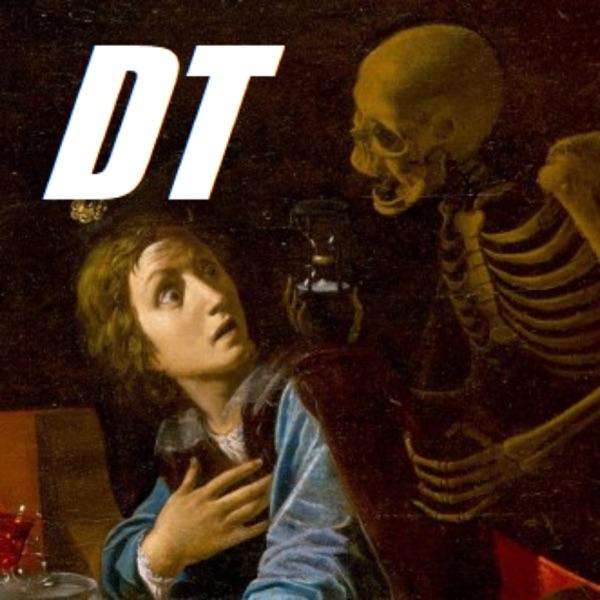

This episode is the third in a four-part series, featuring a conversation with Sander Kamphuis, CEO and founder of Moovd. He and his colleagues have created an AI-driven, but 100% therapist-controlled EMDR software called WeMind, as explained in previous episodes.
However, this episode has little to do with WeMind itself, and explores what comes next. The cat is out of the bag with regard to AI and EMDR (and the market to be tapped), and it is only a small step in programming to train a large-language model as an all-AI EMDR "therapist," using the sessions and strategies of the best minds in EMDR. If Sander doesn't build it and sell it, someone will. Someone already is, in all likelihood, but there is no regulatory system worth mentioning in the therapy world, as there is in medicine.
The idea conjures up images of compassion on the level of Skynet deciding that best way to prevent nuclear war is to nuke humanity. But such a lack of reflection will not produce the necessary dialogue regarding the inevitability of hyper-intelligent, all-AI therapists, and the proper response.
Episode highlights include:
-The costs and benefits of age in general, and how younger therapists must join the larger dialogue
-How the tech market caters to laziness, with implications for therapy quality
-The risks involved when a hypothetical AI therapist does not recognize early trauma
-The possibility of expert evaluation prior to treatment with an AI therapist, and maintenance of human therapist oversight
-The urgent need for international, legal restrictions on AI therapists comparable to those currently used with "AI radiologists" in medicine.
These episodes featuring Mr. Kamphuis represent a considered and impartial exploration, not an advertisement. It is important to note (as usual) that neither TDT, nor its hosts and associates, have received financial compensation for these episodes. Advertisement of the product's free trial is intended to help you make up your own mind. TDT's hosts have directly tested WeMind to avoid absolute naiveté, both in real clinical settings, and in a controlled, experimental manner to test its limits.
In future (as in past) episodes, guests will offer counterpoints to Mr. Kamphuis's views, and this video is a dialogue, rather than an endorsement of his perspectives. Likewise, The Dissociative Table does not endorse the views of its hosts, nor do any professional organizations to which the hosts or guests might belong. Join the discussion of this episode and others at the anonymous, free, clinicians-only discussion board by emailing dissociativetable@gmail.com.
The music in this episode is taken from the song "Desert Haze," from Cracked Machine's 2024 album Wormwood. The band has generously donated rights to their music to TDT in support of increased global access to effective trauma treatment. Stream or download at: https://crackedmachine.bandcamp.com/